It was a late Sunday afternoon in Karati Village when the YWAM Medical Ship had arrived. The Primary Health Care Team had started to bring supplies ashore to the Health Centre to set up the clinic when Clinic Leader, Alana, noticed a woman sitting on a metal bed with a tiny bundle in her arms.
Curious, she went over and enquired if the baby was new. Although baby Molly looked like a premature new born baby, Molly was actually already one month old! When Alana looked at the little baby’s face she knew something was horribly wrong. After talking to Molly’s mum through the local nurse who interpreted, it was discovered that Molly had been unwell with diarrhea and she had only been brought to the health centre the day before. But looking at this tiny little girl, Alana knew she did not look like this because of 24 hours of diarrhea and dehydration.
After saying a prayer for tiny Molly, she raced back to the ship to get a hot water bottle to keep Molly warm, a new jumpsuit and blanket and warm milk. The local nurses had begun treating her for the diarrhea already and her Mama was trying her best to get some milk to her – Molly had stopped suckling days ago.
Returning with the milk and clothing, Alana and the team helped change her. Looking at her tiny, bony frame, Alana thought to herself that she had never seen anything like it. This little girl was so malnourished and it broke her heart. She weighed just 2kg. The Size 0000 jumpsuit swam on Molly, she was just so, so tiny.
Then more and more of the story emerged. It seemed that Molly’s mother had difficulty producing enough milk and so she was also giving Molly formula. It’s hard to know if they were giving her enough, and often to make the formula last, parents will make a weak mix to make the formula last longer. After asking why they had not taken Molly to hospital in Kapuna as soon as the nurses suggested it, the mother told Alana that the family could not afford to go. They also did not have the food to provide for them while away from their village and home. The child was apparently born at a healthy weight and yet with her decline over her first month of life, the parents never brought her to the clinic until now.
Sadly, it was looking much too late for intervention. Returning to the ship again, Alana and the team spread the word about Molly and discussed how we could assist in getting this family to a hospital. Excited to be able to offer the fuel to get the family to Kapuna and with the idea of getting the local villagers to donate food to the family, they raced back to the clinic. As they arrived, they started telling the nurses the plan, hardly stopping for a breath! They were shocked when finally the village nurses had the chance to tell them that just minutes after they had left for the ship, baby Molly had passed away.
Alana and the team were heartbroken and had so many questions about why a baby who was born healthy had her life cut so incredibly short. Even if answers were available, they would not reduce the grief of her parents and family.
Later that night, Alana thought to herself, “How does this happen in our world today?” She thought of her own little niece, Stella, who was born in Australia, a good healthy weight and is absolutely thriving as a now seven month old. “Stella never would have been put in that situation. So how is it another little girl in a nation just next door, dies of malnutrition?”
Stories like Molly’s are what the ship is determined to see less of which is why they not only treat, but educate as well. Health education is one of the greatest gifts that can be given to the people in Papua New Guinea.
With a broken heart for Molly, Alana is hopeful for others; “I know we could not save Molly, but I am thankful for all the lives I know we can assist and save through the work of the YWAM Medical Ship.”
Download Course Catalogue

Download Outreach Information Booklet
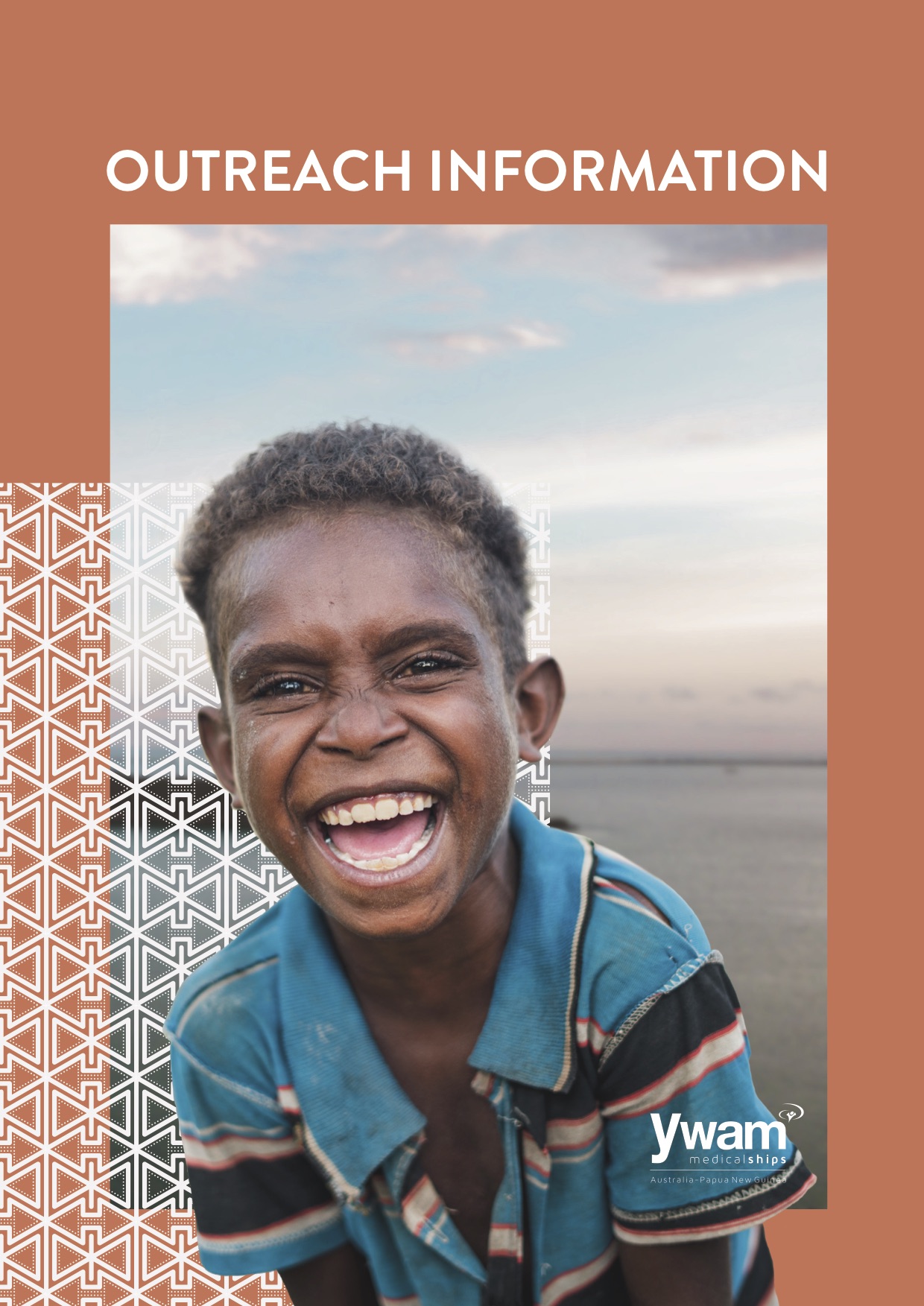
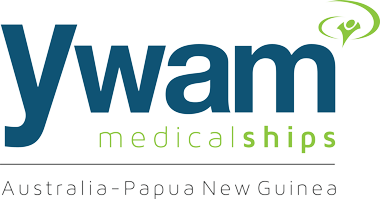






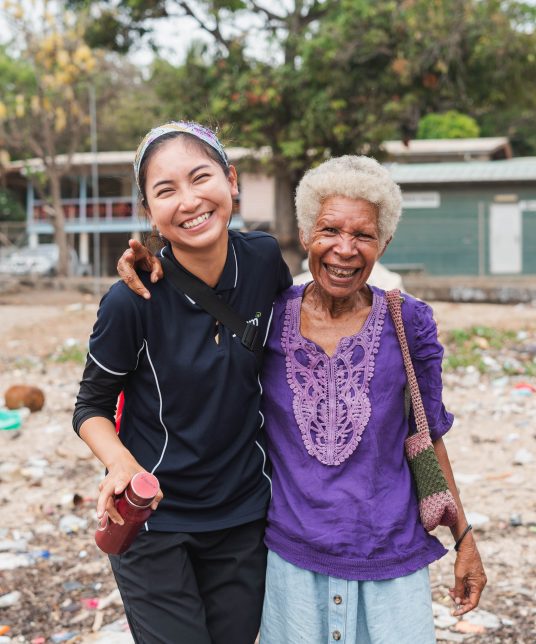


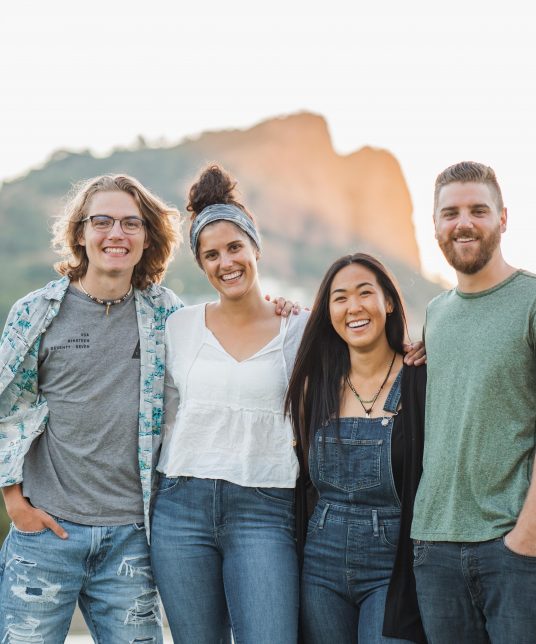
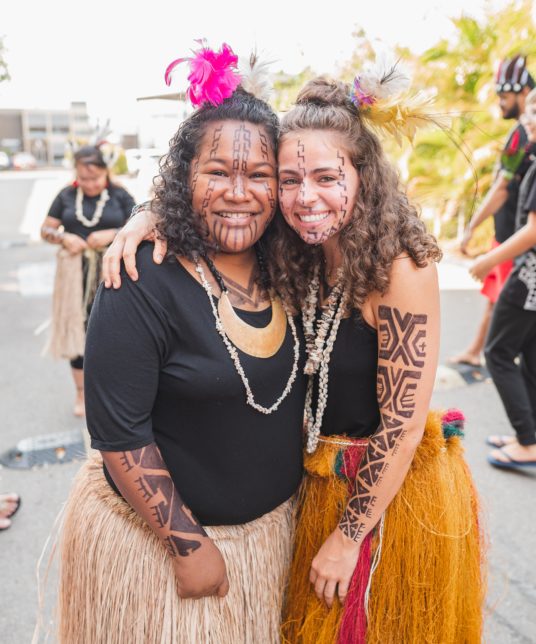
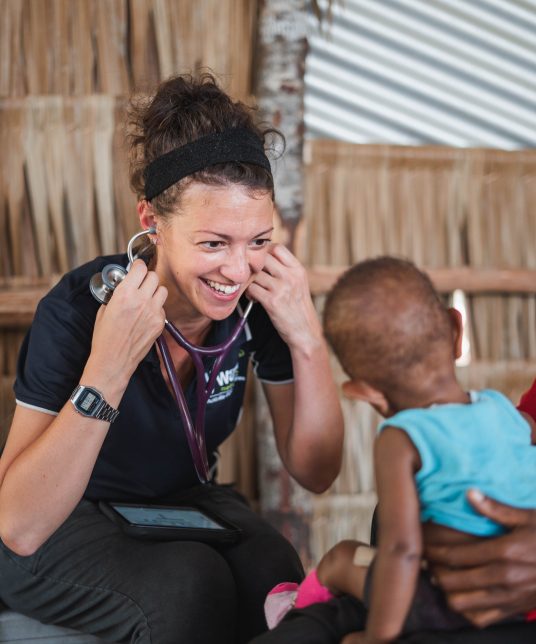
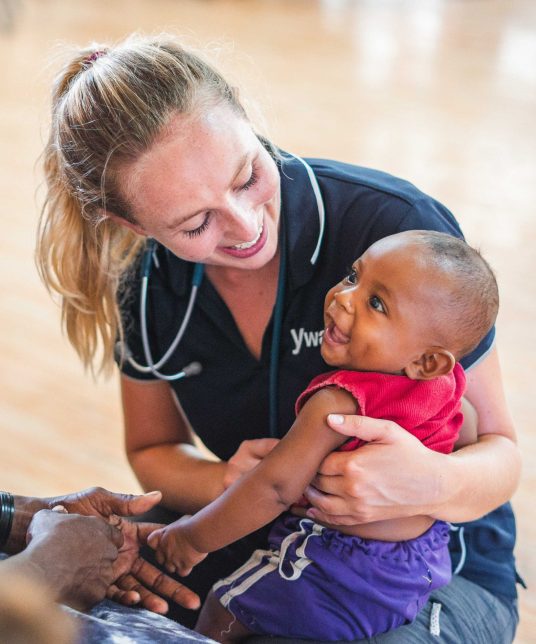

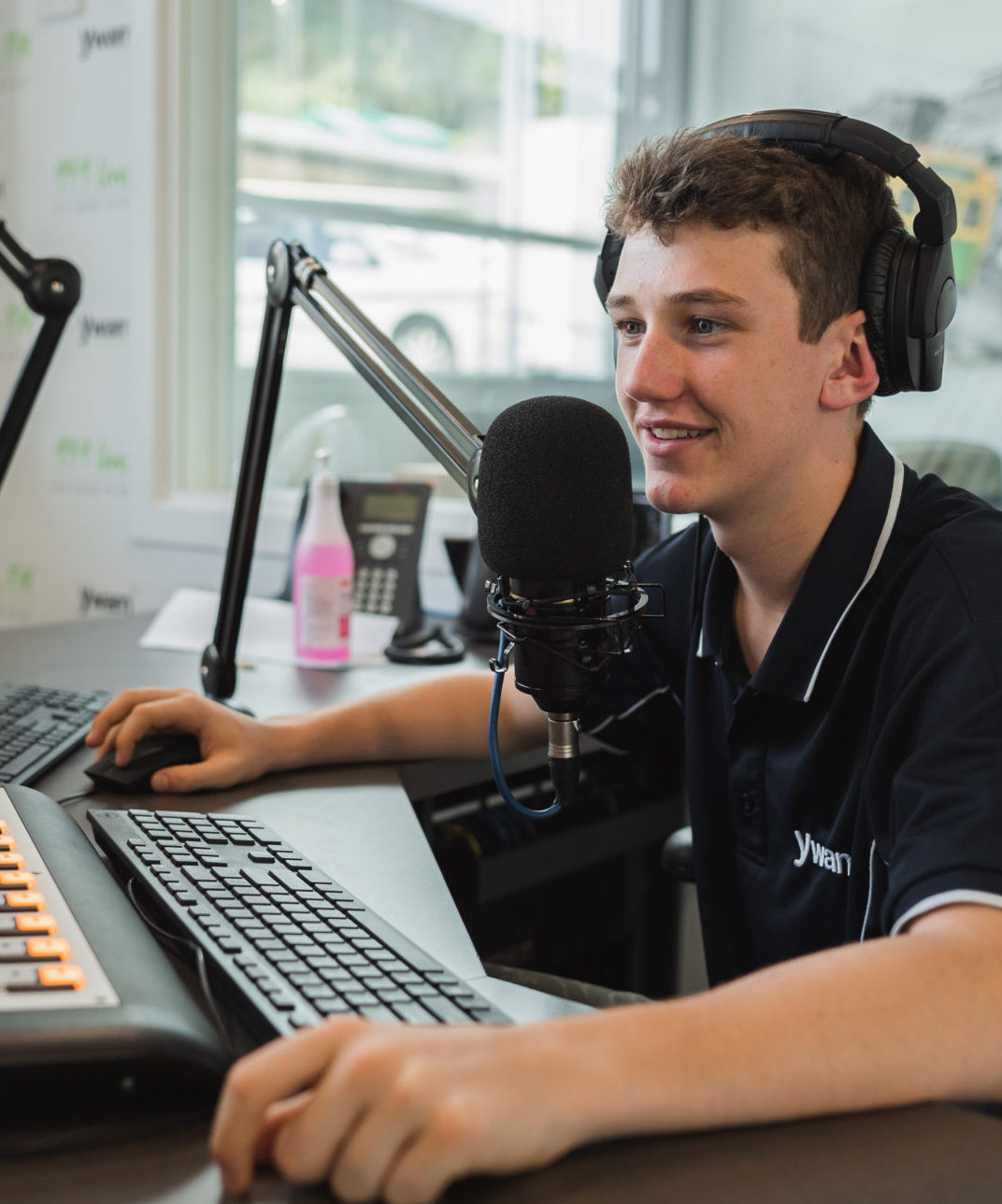
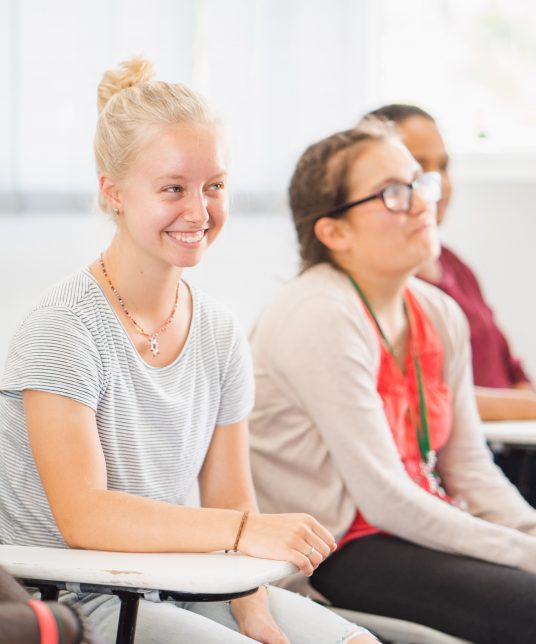
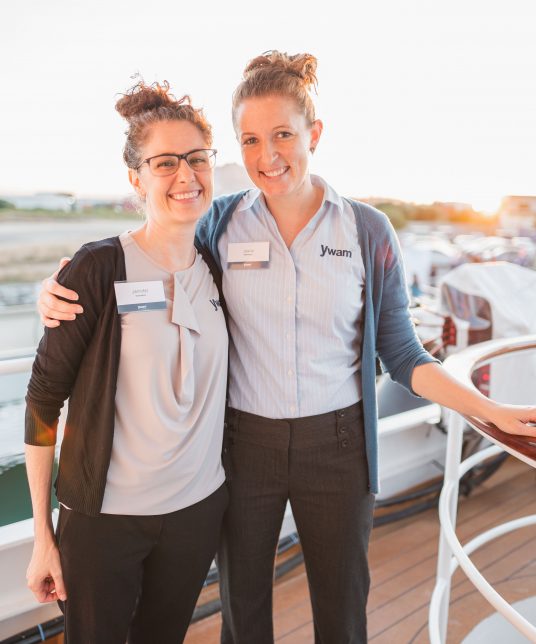
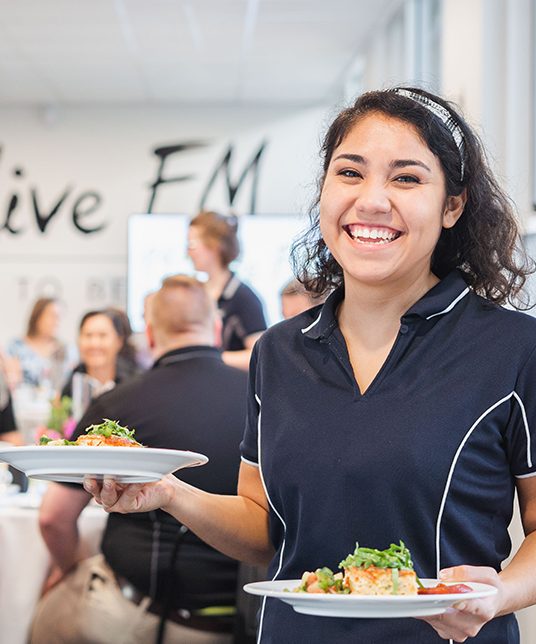
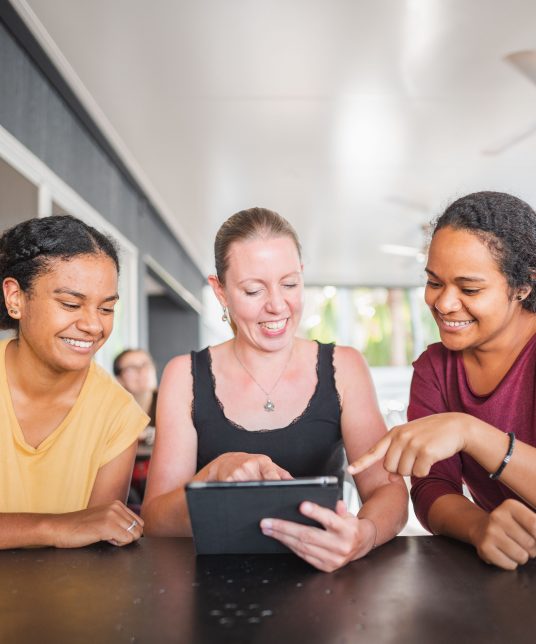
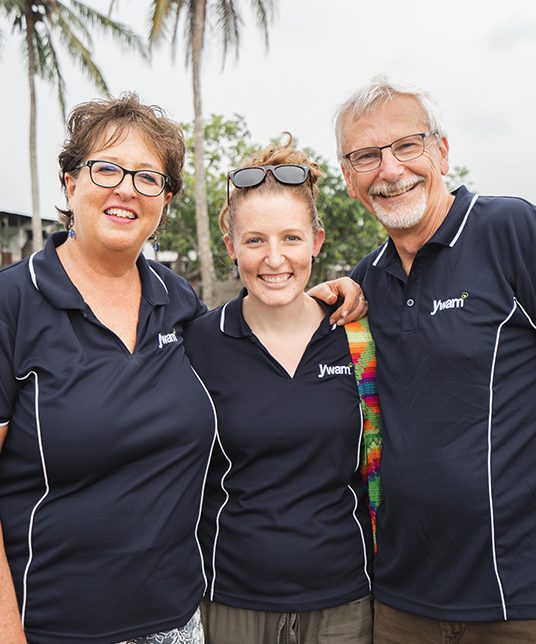
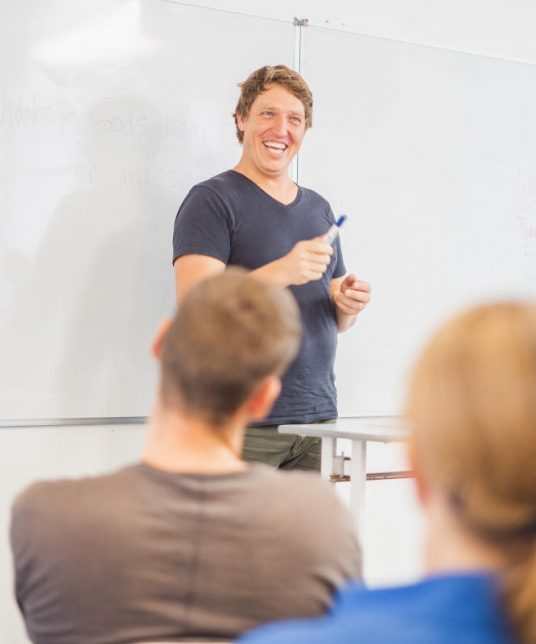
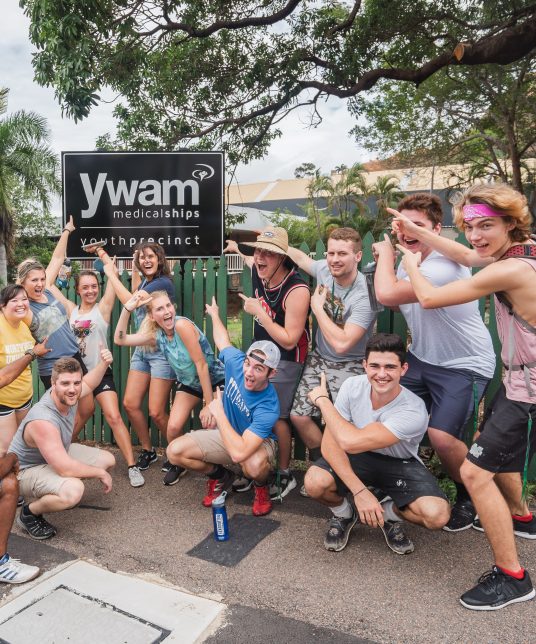
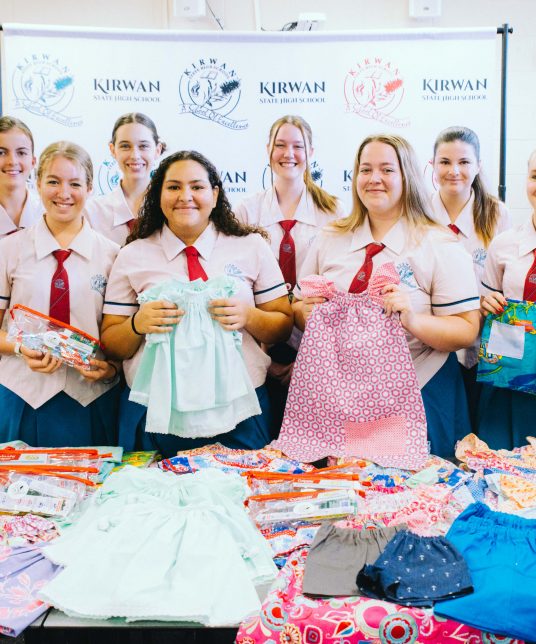
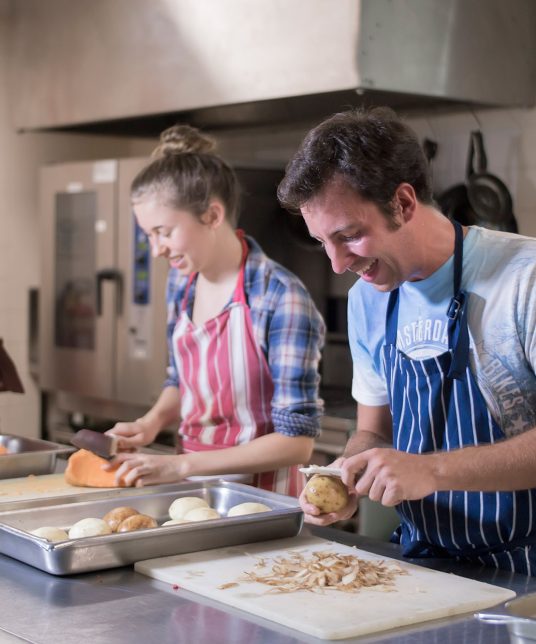
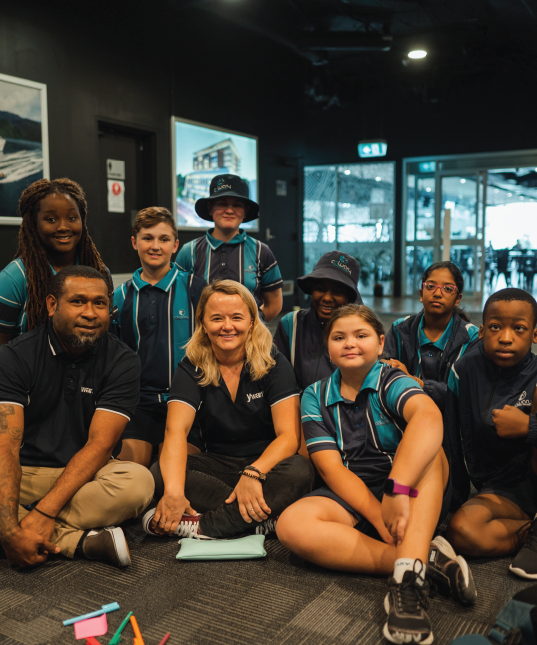
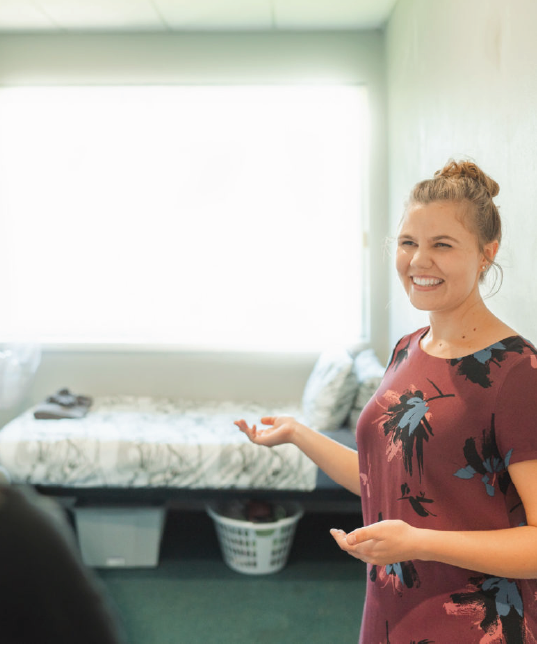
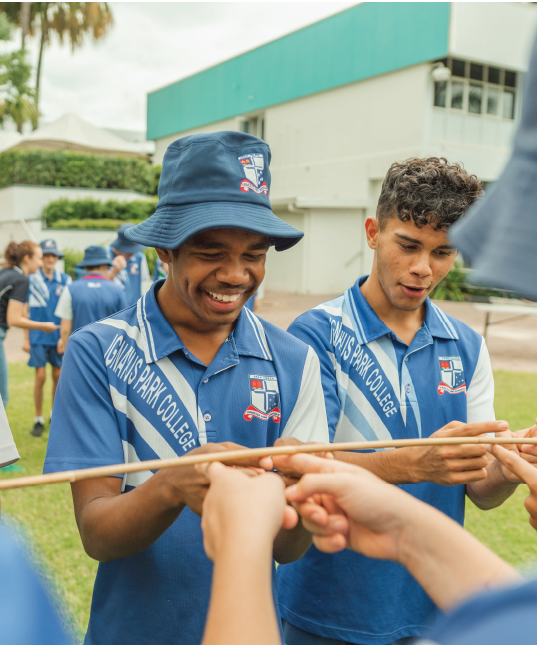
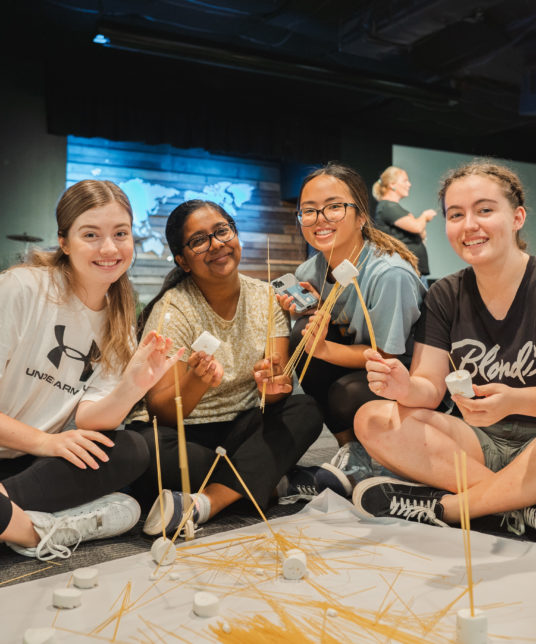
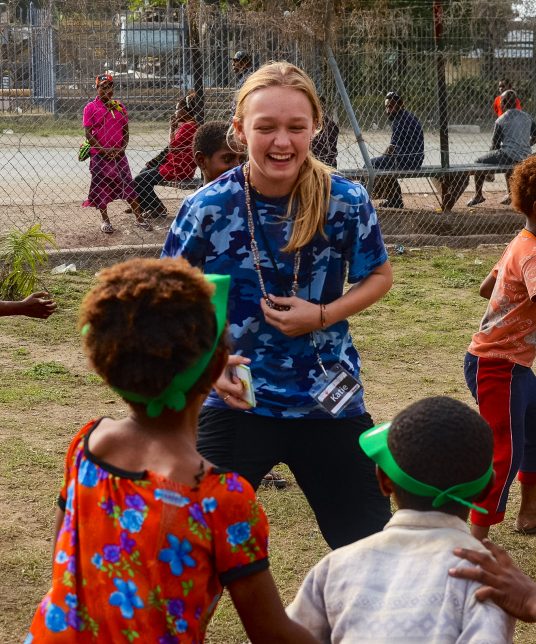
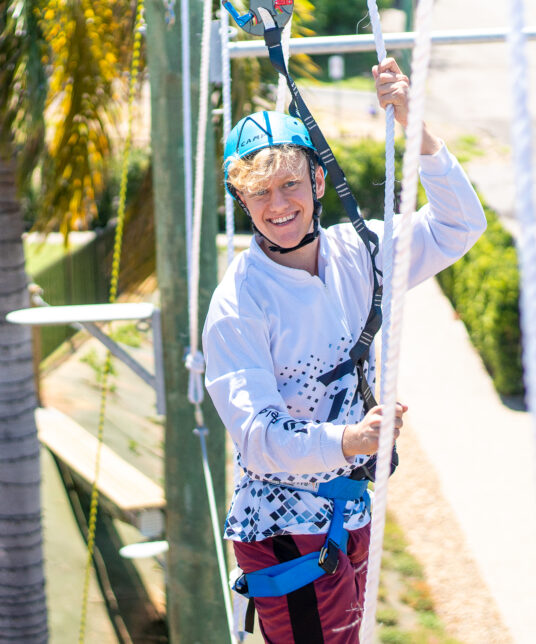
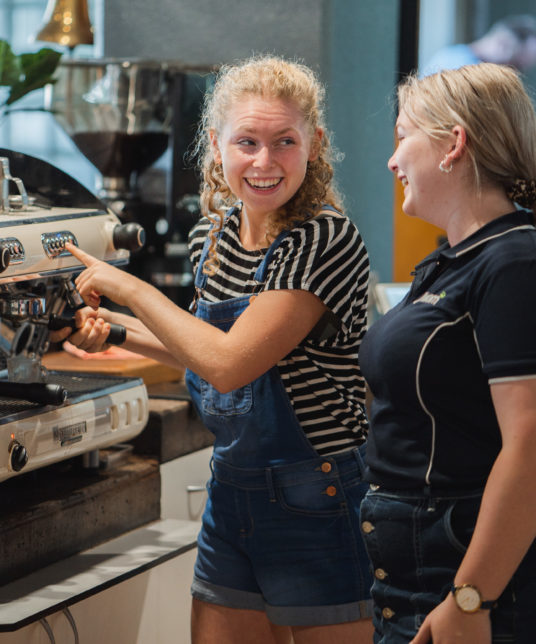
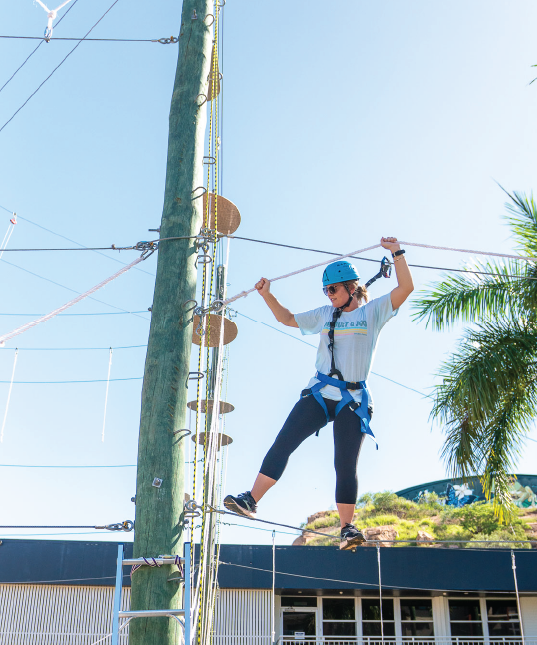
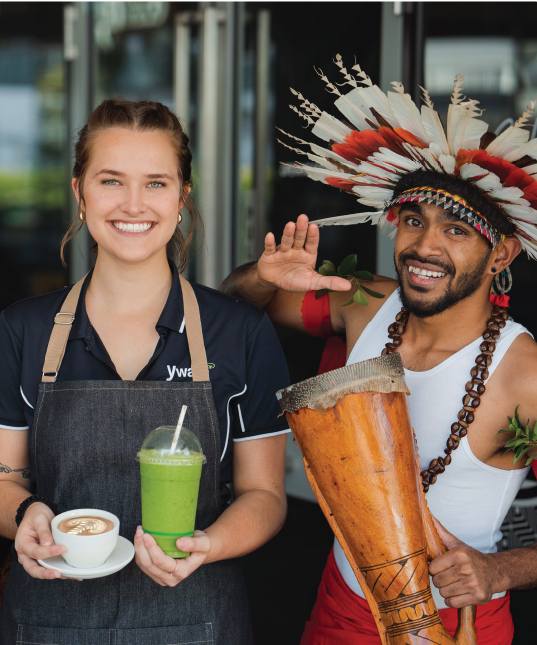
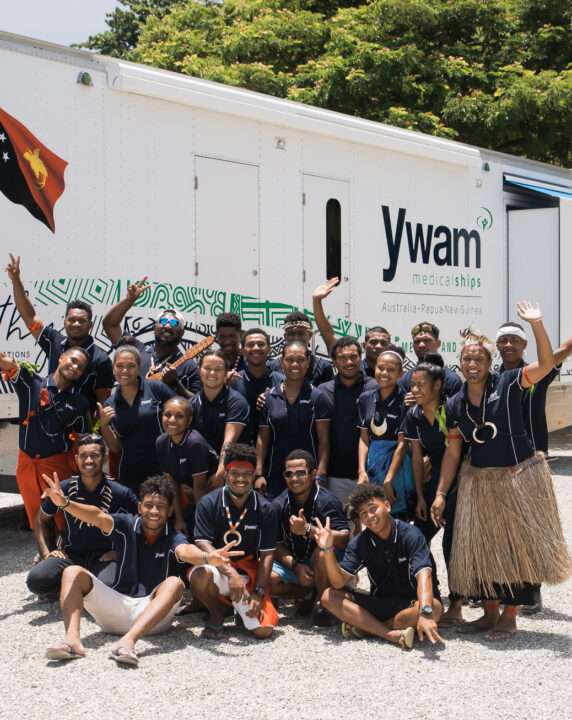
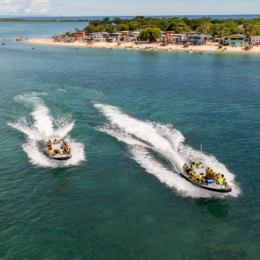
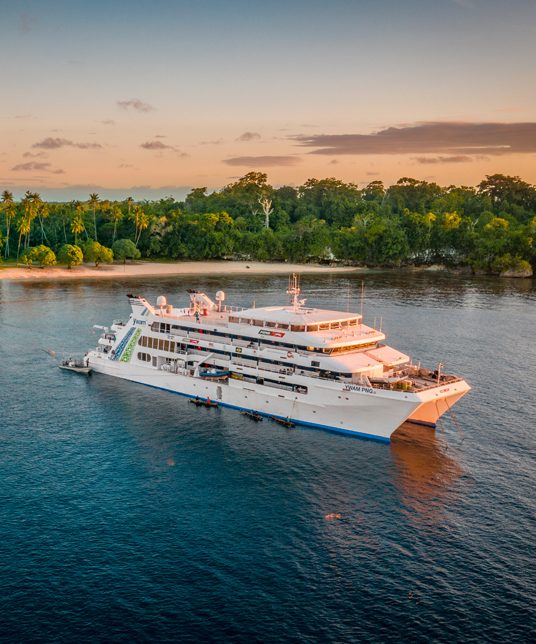
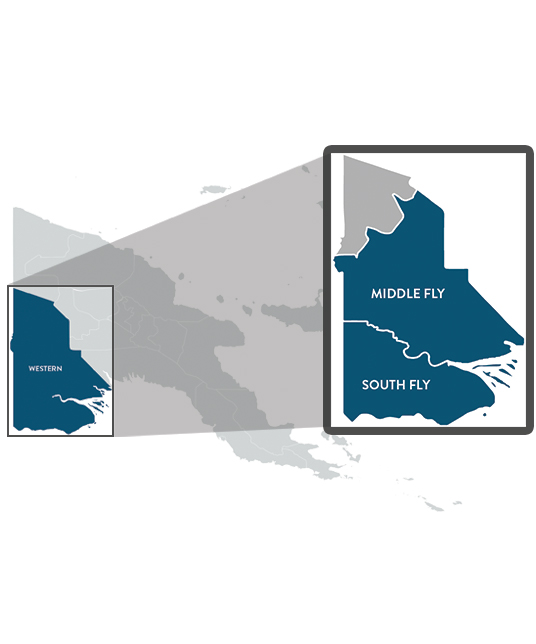
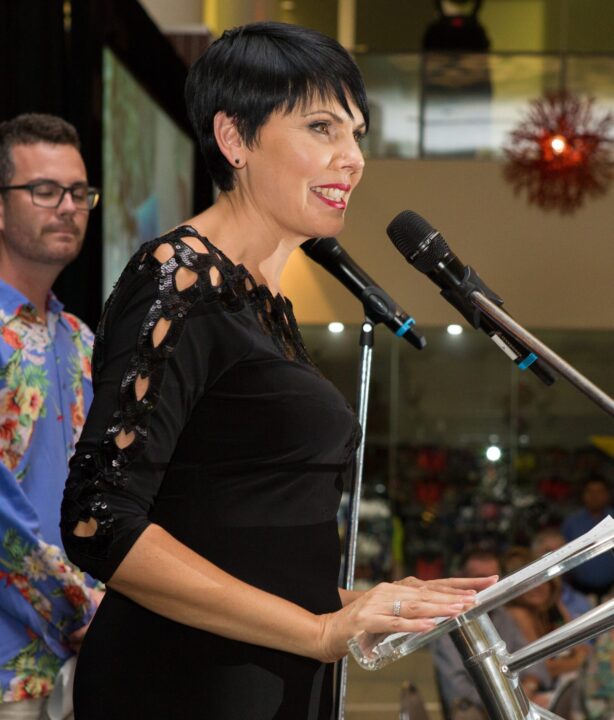
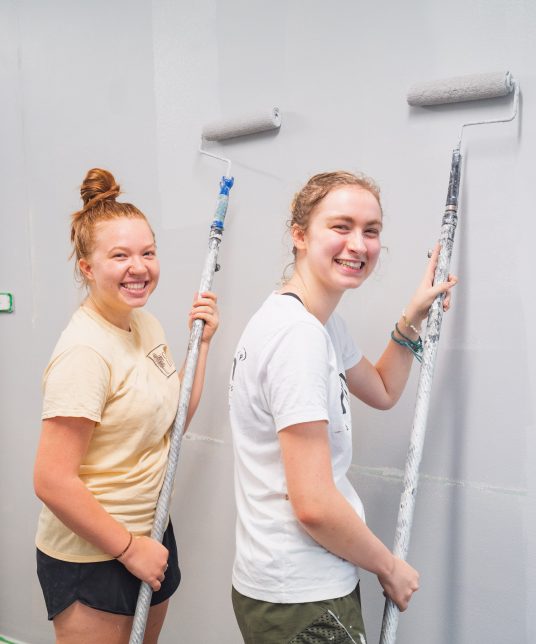
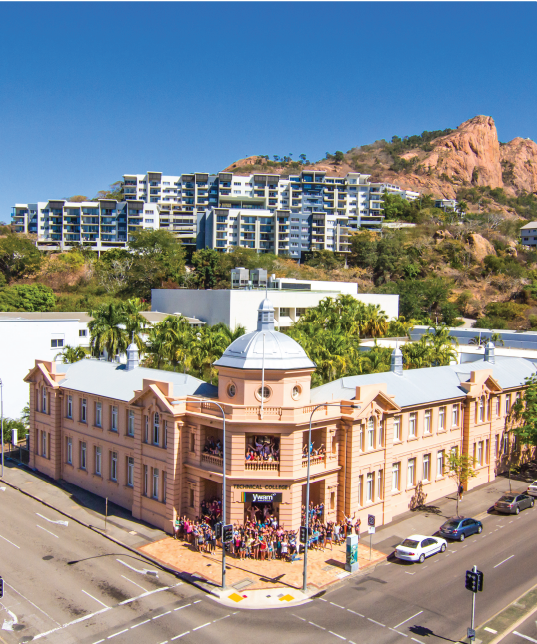
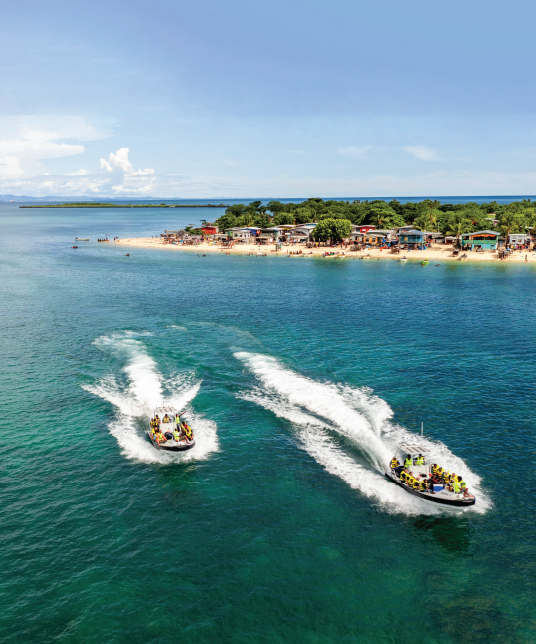
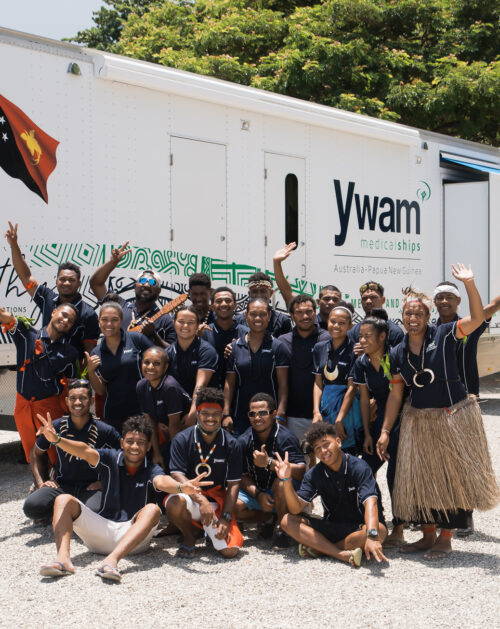
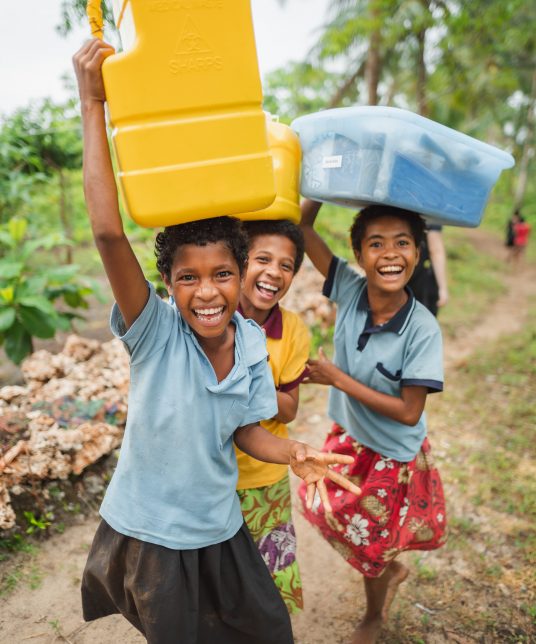
Recent Comments